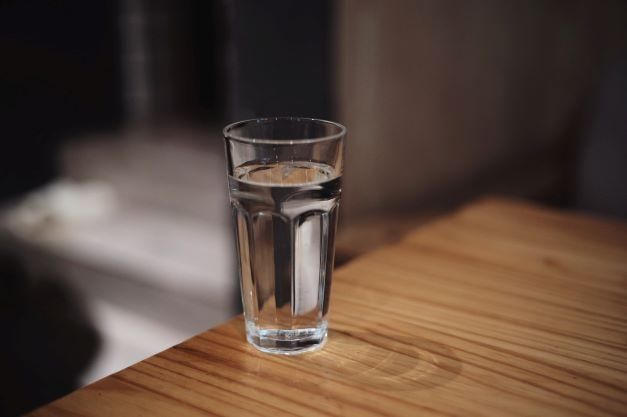Study: More water, less sugar-sweetened beverages
The purpose of this study is to examine the correlation between students' consumption of sugary drinks and their overall body composition and to draw conclusions on the efficacy of a program to urge students to drink more water.





